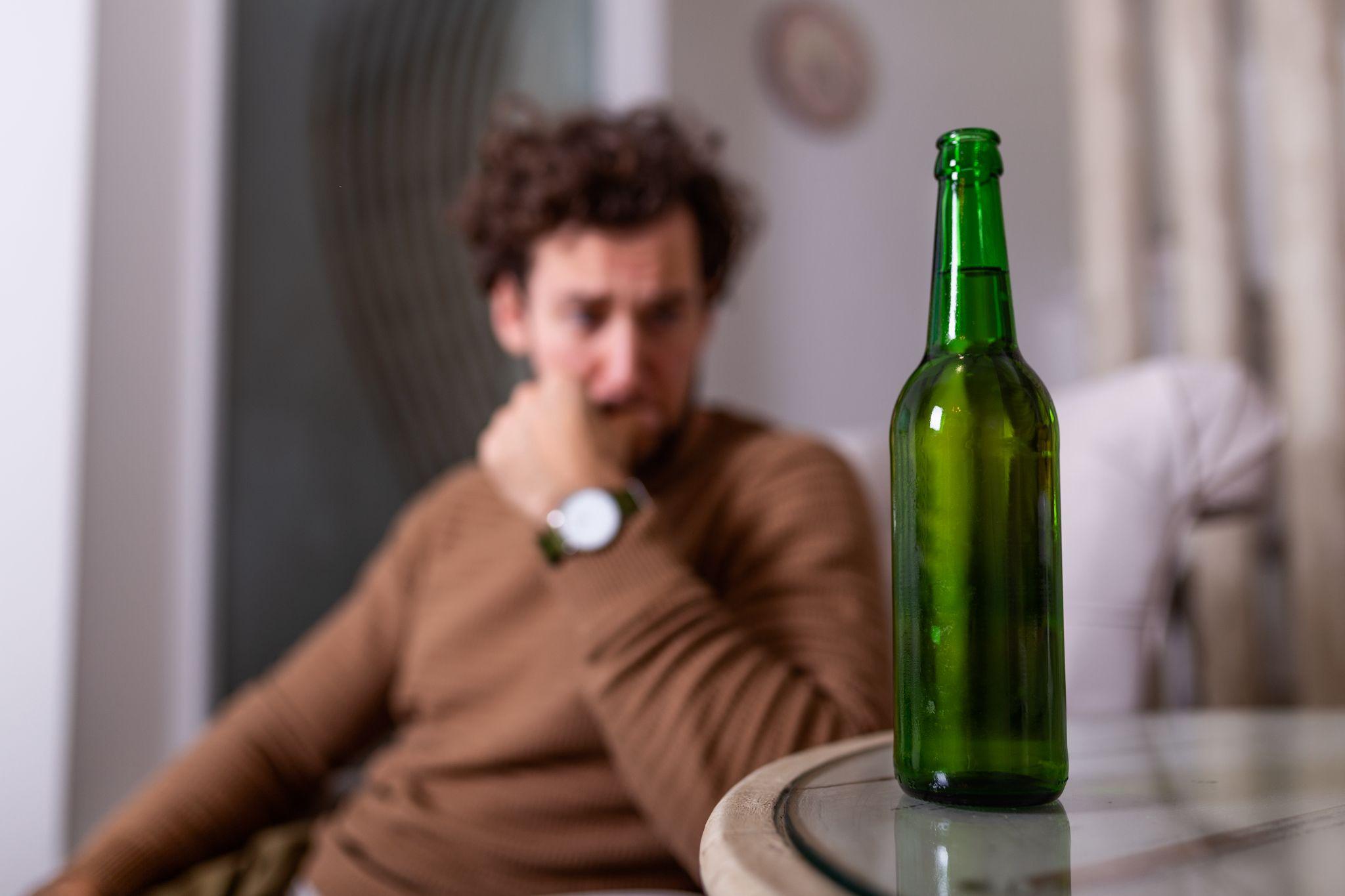At Lumina Recovery, we understand that the journey towards lasting sobriety from drugs and alcohol is challenging and marked by the constant threat of relapse. A relapse isn’t just a single event but a process, and recognizing its early signs can be crucial in maintaining long-term recovery.
This guide is designed to provide practical strategies and insights to help individuals in recovery, as well as their loved ones, understand and prevent relapse. By fostering awareness and preparedness, we aim to support you in your ongoing journey towards a healthier, substance-free life.
Understanding Relapse
Relapse in the context of recovery from substance use disorders is a concept often surrounded by misunderstanding. It is not an abrupt event, but rather a gradual process that can be identified and managed with appropriate knowledge and strategies.
To deepen our understanding of relapse, it’s crucial to recognize its stages and learn how to effectively respond.
The Stages of Relapse
The process of relapse typically unfolds in three distinct stages: emotional, mental, and physical.1
The emotional relapse stage is the first, characterized by symptoms such as anxiety, anger, defensiveness, and mood swings. Individuals may begin to isolate themselves and neglect their self-care routines during this phase. Prevention at this stage focuses on recognizing these early emotional cues, engaging in stress-reducing activities, openly discussing feelings, and maintaining a healthy lifestyle.
As the process progresses, individuals enter the mental relapse stage. This phase is marked by an internal conflict where part of the person wants to use substances, while another part wants to continue recovery.
Symptoms at this stage include reminiscing about past substance use, lying, spending time with old friends who use substances, fantasizing about using, and planning a relapse. Preventing mental relapse involves sharing these thoughts with a trusted individual, practicing mindfulness to stay present, and reminding oneself of the negative consequences of substance use and the benefits of sobriety.
The final stage is physical relapse, which is the act of substance use or returning to addictive behaviors. It’s most effective to intercept a relapse during the emotional and mental stages, as it becomes significantly more challenging to stop the process once it has progressed to the physical stage.
The Relapse Process
Acknowledging that relapse is a process rather than a singular event is critical. Warning signs of relapse often start weeks or months before the actual physical relapse. The early warning signs are subtle, typically involving changes in emotions, thoughts, and behaviors.
The Role of Triggers in Relapse
Relapse triggers play a significant role in the relapse process. Emotional triggers like stress, anxiety, depression, frustration, or boredom can initiate the process. Developing healthy coping mechanisms like exercise, relaxation techniques, or engaging in hobbies can help mitigate these triggers.
Environmental triggers, such as certain people, places, events, smells, or songs associated with past substance use, can also prompt cravings. Avoiding these triggers when possible and developing coping strategies for unavoidable situations is essential.
Physical pain or discomfort can be a trigger, especially for those with a history of painkiller addiction. It’s important to seek medical advice while being transparent about past substance use and to use non-addictive pain management strategies.
Social triggers, including situations where substance use is prevalent and peer pressure, can pose challenges. Developing a plan for these situations, such as having an accountability partner, practicing refusal skills, or leaving the situation if necessary, is a key strategy.
5 Strategies for Relapse Prevention
In the journey of recovery, having an effective set of strategies for a relapse prevention plan is essential. These five strategies not only help in navigating the challenges of staying sober but also contribute to a more fulfilling life post-recovery.
1. Developing a Strong Support System
Central to relapse prevention is the establishment of a strong support system. This involves staying connected with support groups and regularly attending therapy sessions. These groups provide a sense of community and understanding, offering both accountability and encouragement.
Additionally, it’s important to surround oneself with individuals who support your recovery journey. These might include family members, friends, or peers from support groups who understand the challenges of addiction and can offer positive reinforcement and guidance.
2. Establishing Healthy Routines
Creating and maintaining healthy routines is another key strategy. Prioritizing self-care is essential; this includes activities that promote physical and mental well-being, such as exercise, meditation, adequate sleep, and pursuing hobbies and interests that bring joy and satisfaction.
A structured daily schedule is equally important. It helps in keeping individuals engaged, focused, and less likely to encounter idle time which can lead to cravings or thoughts of substance use.
3. Managing Stress Effectively
Learning to manage stress effectively is vital in relapse prevention. Techniques like mindfulness and meditation can be powerful tools in staying grounded and present, reducing the likelihood of turning to substances as a coping mechanism.
Developing a set of healthy coping skills, such as journaling, engaging in physical activity, or talking to a trusted friend or therapist, can provide alternative ways to handle stress and negative emotions.
4. Shifting Attention to Mental Health
Regularly checking in with a mental health professional is important, especially during challenging times. This ensures that any underlying mental health conditions are appropriately managed and don’t contribute to the risk of relapse. Being aware of and proactive about mental health is an integral part of a successful recovery journey.
5. Continuing Personal Growth and Understanding
A deep understanding of one’s self and past experiences with substance use is important. Reflecting on what led to substance use in the past can provide insights that help in avoiding similar situations in the future.
Engaging in personal development activities also plays a significant role. This might include reading, taking courses, or other activities that foster personal growth, self-understanding, and the development of new perspectives and coping strategies.
Understand Relapse Prevention with Lumina Recovery
Relapse prevention is not just about avoiding substance abuse; it’s about building a life where the desire to use substances loses its power. At Lumina Recovery, we believe in empowering you with the tools and knowledge through therapy, specialized programs, and other treatment programs to navigate your recovery journey confidently.
Remember, every day is a new opportunity to strengthen your commitment to sobriety and well-being. Stay strong, stay informed, and know that you’re not alone in this journey. Contact us today to learn more about relapse prevention.
Source:



